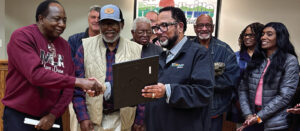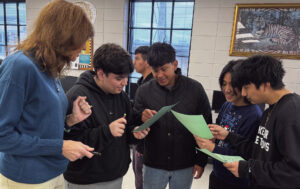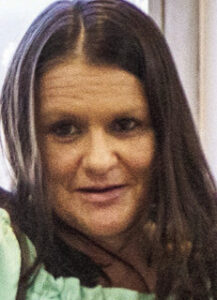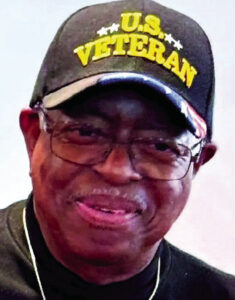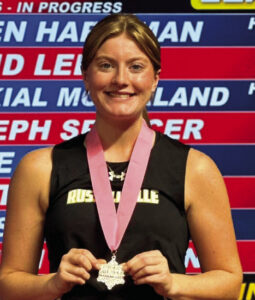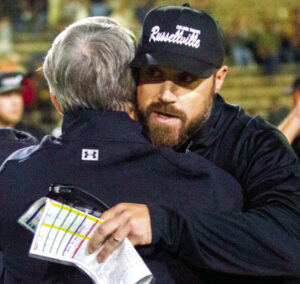Council split on tax increase
By Staff
Jonathan Willis
The Russellville City Council is still split on whether or not to impose a one-cent sales tax increase, leaving the city without a working budget for the new fiscal year.
Mayor Troy Oliver and councilmen William Nale and Jeff Masterson want to increase the city's sales tax to nine percent. The city currently gives the city schools system 38.33 percent of all sales tax revenue if the money is available each month.
If the proposed one-cent sales tax increase eventually passes, 38.33 percent of that would also go to the school system while the city used the remaining balance for the general fund.
The city has not passed an operating budget for the new fiscal year.
Oliver prepared a budget based on the sales tax proposal passing, but when it failed earlier this month, council members began looking at cuts citywide.
City schools Superintendent Don Cox told the council Monday that the system is in a dire financial situation.
"We have cut everything we can cut," Cox said.
"If you damage the education, this community will pay for it for years and years to come. I love our school system and everything I'm doing is to make the system go forward."
Cox said the city's portion of sales tax revenue makes up about six percent of the system's $25 million budget.
The council remains split on the issue of passing the tax increase. Council members David Grissom, Lanny Hubbard and Gary Cummings voted against the measure Monday night.
"Everything is going up," Hubbard said. "Times are hard on everybody right now and I can't see doing it. No matter how I feel about it, my district is against it and that's who I am here representing."
Oliver asked the council if they thought the city could operate on an 8 percent sales tax base.
"We always have," Grissom said. "It's never been nine percent. You have to make cuts, just like families do. We haven't looked at any other options."
Oliver asked Grissom if he could find a solution to the problem and balance the city's budget without a tax increase.
"This didn't happen over night and we can't fix it over night," Grissom said. "I don't think we've looked at all of our options."
Grissom said he has spoken with economists at the University of North Alabama about conducting an economic impact study on whether or not a tax increase would be helpful. Some council members have raised concerns about a decline in tax revenue if the tax rate is raised.
"If the study shows that it's the best thing for the city, then I am for it," Grissom said. "If it shows that it would hurt the city, then I can't see anybody being for it. We have to look at all of our options."
Russellville Wal-Mart manager Steve Brannon told council members that sales tax figures had grown a great deal in the five years since the Wal-Mart Supercenter opened.
"Why can't we look back five years ago at the budgets and see how we were making it," Brannon said. "I don't see where we've added that many services in that time."
The 1-cent sales tax was expected to bring an additional $1.2 million of revenue.
"I have person after person who say flat out that if this passes, 'I will never buy another thing in Russellville,' " Brannon said.
The issue could remain on the council's agenda until a budget is passed.
"In the motion for the increased sales tax, we made the concession to not make it effective until Jan. 1, 2010," Masterson said.
"I understood that was what was needed for us to move forward. However, here we are, still with no budget and no alternative solutions for our deficit. Meanwhile, our school system, which is a responsibility of the city, continues to lose funding due to proration and looking to us for some assistance.
"Also, not having a budget isn't fair to our department heads and employees, not knowing where this is headed. At some point we need to submit a balanced budget, and to do that, you either cut costs or raise revenue. No one, including myself, likes raising taxes. I'm the last person that I thought would be voting for one. But for me, after studying our situation, it would be better than the cuts we will have to make to balance our budget."


